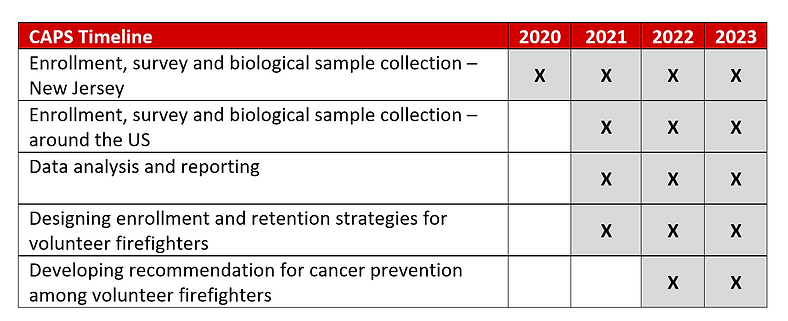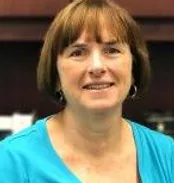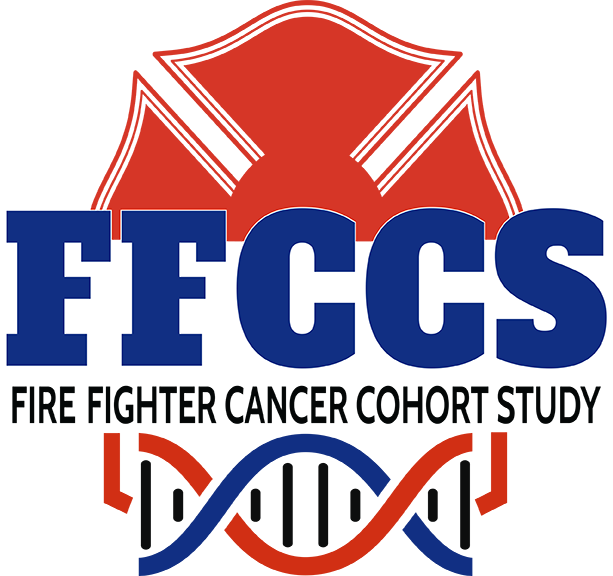The Volunteer Firefighters Cancer Assessment and Prevention Study (CAPS) - A FFCCS SubStudy
A FEMA-Funded Research Project
General Information:
Cancer is a growing concern among US firefighters, who are routinely exposed to cancer-causing agents. While volunteers make up the majority – over 67% -of the US fire service, almost all previous research on cancer has focused on career (paid) firefighters. Cancer risks and risk factors likely differ between volunteer firefighters, who mostly serve rural and low-density suburban communities, and career firefighters, who mostly serve denser suburban or urban areas.
Volunteer firefighters train for and perform the same tasks as career firefighters, but often with less protection and risk reduction. They are always on-call, and so may accumulate more years of firefighting experience than their career counterparts. As well, volunteer and career firefighters likely share lifestyle factors inherent to firefighting (e.g. sleep disruption, stress) which may add to cancer risk. As such, volunteer firefighters’ cancer risk may equal or even exceed that of career firefighters. However, there are significant gaps in understanding cancer risk and prevention among volunteer firefighters.

CAPS Primary Goal:
The goal of CAPS to address the gap in knowledge about cancer exposures and risk factors among volunteer firefighters and understand how they resemble or differ from those of career firefighters. This information is vital to planning effective risk reduction strategies for this understudied majority of the US fire service.
Research Aims:
The objective of CAPS is to characterize cancer risk and prevention activities among volunteer firefighters in order to inform long-term risk reduction.
The CAPS aims are:
1. To characterize and assess cancer-related experiences among volunteer firefighter including those from firefighting, lifestyle and health behaviors (such as physical activity, drinking alcohol and cancer screening) and environmental exposures.
2. To understudy how cancer risk among volunteer firefighters may be similar to, or unique from, those of career firefighters.
3. To adapt and apply the innovative FFCCS developing framework for career departments to self-enroll in cohort studies to volunteer and combination fire departments.
These Aims address the 2015 National Fire Service Research Agenda high priority recommendations:
• Conduct research directed toward identifying those individuals within the fire service who are at a higher risk for specific occupational injury/illness/disease.
• Identify and make use of traditional and non-traditional data to supplement, update and enhance fire service programs and community risk reduction efforts.
Study Timeline:

Anticipated Impact:
By implementing these Aims, CAPS will become a unique resource for studying volunteer firefighters in the US and within the FFCCS. The anticipated impact of CAPS includes:
• Document volunteer firefighters’ firefighting exposures and behavioral risk factors, and compare them to those of career firefighters.
• Measure harmful environmental contaminants that volunteer firefighters are exposed to so we can target the reduction of specific exposures.
• Demonstrate methods for scientists to partner with and engage volunteer firefighters in the scientific process.
• Identify key intervention opportunities to reduce cancer diagnoses and death in volunteer firefighters.
CAPS Team:

Dr. Judith M Graber
Rutgers School of Public Health
Project Co-PI

Dr. Robert J Laumbach MD, MPH, CIH
Project Co-PI

Dr. Shou-en Lu
Rutgers School of Public Health
Co-Investigator (Biostatistics)

Dr. Kathleen Black
Rutgers School of Public Health
Program Manager

Kaleigh Hinton, MPH
CAPS Project Coordinator

Nimit Shah, MPH
Doctoral Researcher
Kathrine Lubina, MS
Program Manager

Paola Louzado Feliciano
University of Miami
Research Associate

Dr. Alberto Caban-Martinez
University of Miami
Co-Investigator / DCC Director
Contact the Volunteer Firefighter CAPS Team:
Email: This email address is being protected from spambots. You need JavaScript enabled to view it.
Page created: Sunday, March 21, 2021 | Last Updated: Sunday, March 5, 2023

